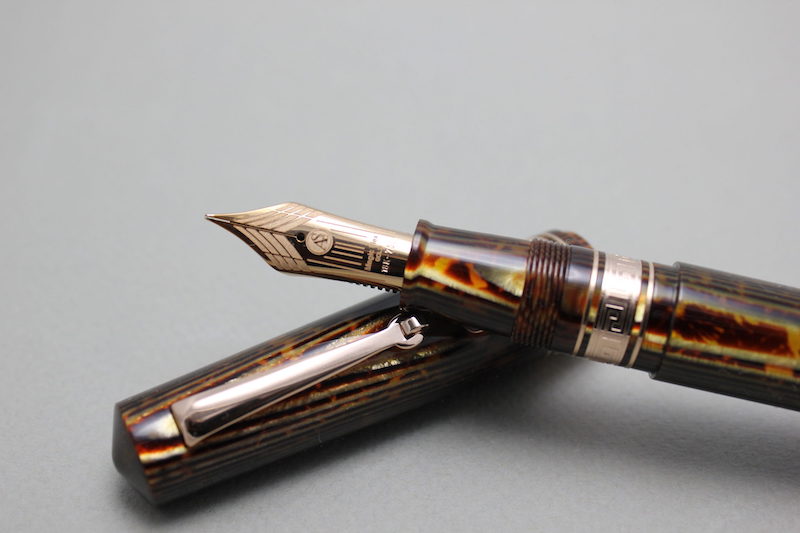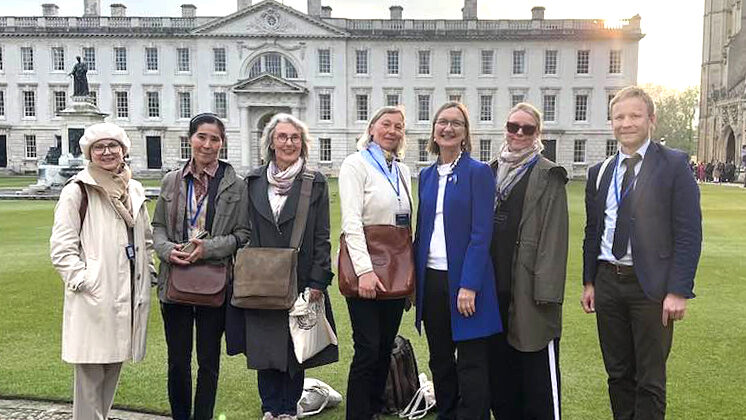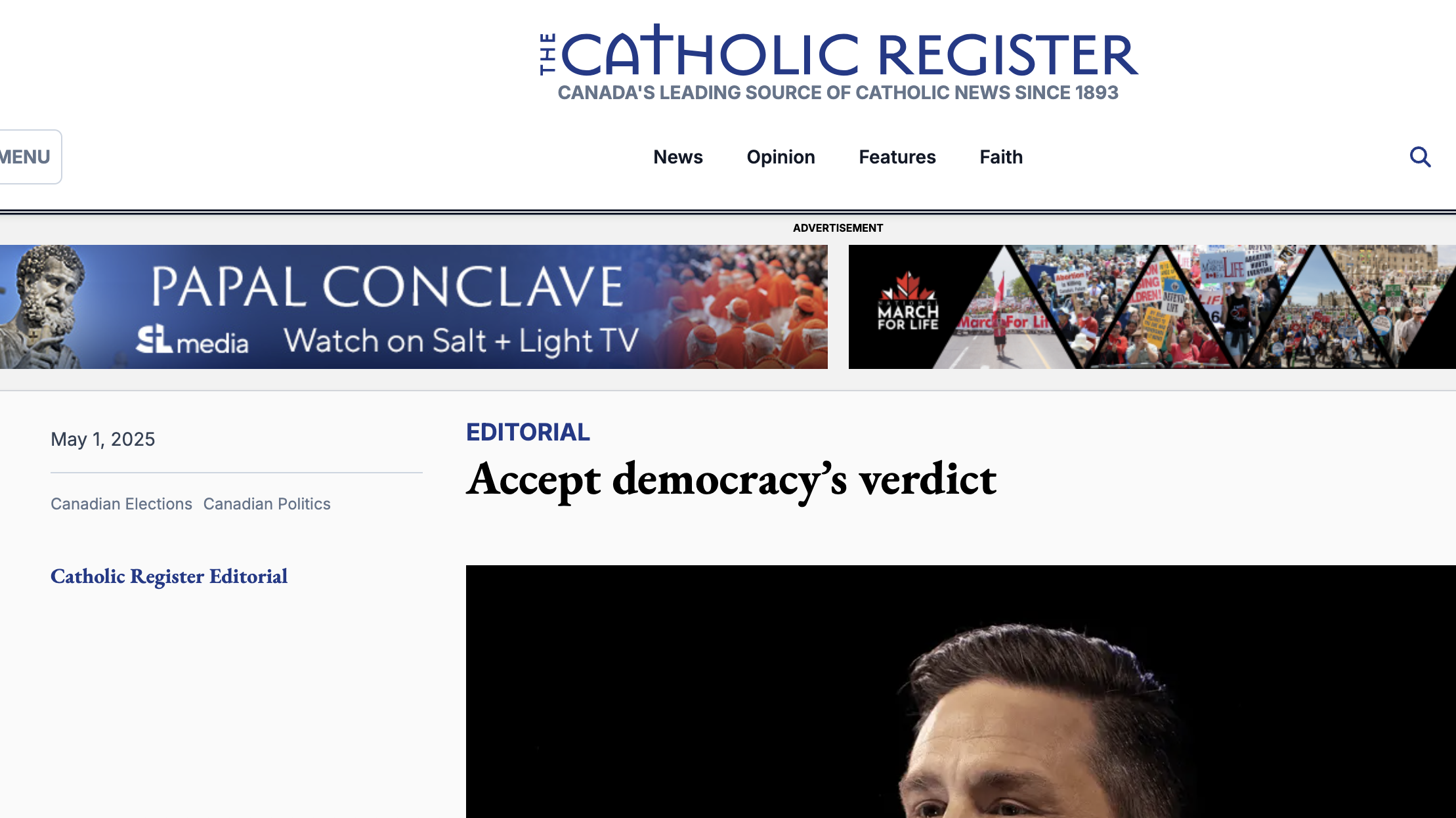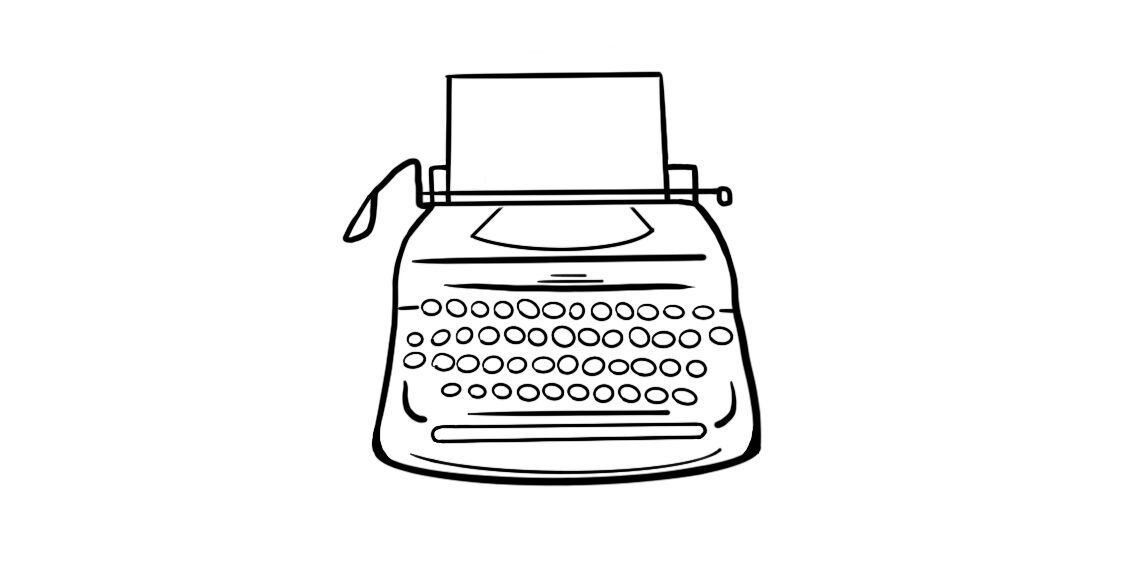A most recent occurrence illustrates the manor with which revised history is presented. A few weeks ago, Sergei Ivanov, the chairman of the Russian War History Society, declared that majority of the citizens of the Baltic states welcomed the Soviet Union's annexation of the three countries in the summer of 1940.
He did admit that some of the citizens still considered the Red Army ‘of workers and peasants' to have been conquerers. Those that did not agree with the takeover simply emigrated and then returned in 1990, as presidents, even though they weren't born or hadn't lived there, according to Ivanov. That's historical correctness, now.
- History as selection, not fact (II)
- History as selection, not fact (III)
- History as selection, not fact (IV)
Ivanov states that film footage of the Red Army entering towns of Estonia, Latvia and Lithuania attest to the welcome afforded the Soviets. The poor were given land (no mention of collectivization), the middle class did not suffer (no mention of deportations) . He stated that a mass leftist movement had gained momentum in all three states (even communist novelists, historians indicate that the movement existed, but it was small and tightly controlled by Moscow).
Ivanov also pointed out the false use of the term ‘Soviet occupation' accompanies only a Western depiction of history. Jossif Stalin's actions should also be justified.
Adhering to historical correctness is taken seriously Russia. Non-compliance has legal consequences. In 2017, an individual was sentenced to a 200,000-rouble fine for ‘fabricating history' or ‘knowingly spreading false information' as stipulated in a law that criminalizes for the ‘rehabilitation of Nazism'.
The convicted person had posted on Facebook that the Soviet Union had attacked Poland on Sept 17, 1939 and that ‘communists and Nazis had invaded Poland together, initiating World War II, which is proof of their close co-operation'. (Perhaps the Black Ribbon Day movement's message had reached him.)
In a similar manner widely respected professor Andrey Zubov was dismissed for presenting a historical analogy, that the annexation of Crimea was similar to the Anchluss.
At the time Vladimir Putin had insisted on a ‘uniform historical-cultural standard', A new history text for students was meant to educate in a ‘patriotic spirit' benefitting ‘the interests of the country and society'. A ‘consensus on history' was to be achieved.
In scholarly pursuits, Russians find that a politically pre-established interpretation of history has a legitimate place. Valery Korovin, director of the Centre for Geopolitical Expertise explained their approach: “There is no ‘objective' history. It is written only when there is a strategic concept regarding which ideological models are accepted and which are not.”
Western observers have concluded that this stance leads to ‘facts' being forged as the need arises. Nothing is true and everything is possible from the point of view of the security services. Falsehoods can be manipulated and legalized.
Boris Yeltsin's influence in loosening the restraints on interpreting history have been abandoned by the current regime. The Kremlin's cue as to what's in and what's not has even been picked up by the Communist Party in Russia. Since Stalin's historical stature has now been promoted over that of Lenin, communist babushkas have been seen to carry ten times the amount of Stalin placards over those of Lenin at public events. In a popularity vote Stalin won the “greatest Russian” title. But it's said that the results were manipulated.
Stain's glorification has taken hold in places abroad. In Toronto at the May 8th celebration the occasional Stalin t-shirt is visible.
(To be coninued.)
Laas Leivat, Toronto




